Musharraf the Man Whom India Could Not Trust
Tue, 07 Feb 2023 | Reading Time: 3 minutes
When Musharraf was handpicked by then Pakistan Prime Minister Nawaz Sharif to succeeded General Jehangir Karamat as the Chief of Pakistan’s Army in 1998, nobody would have expected that he would have a role in shaping the destiny of Pakistan for nearly a decade to come. But the next couple of years witnessed many changes in Pakistan’s domestic and regional politics of South Asia. Ever since the second Pokhran nuclear test by India and the responsive test by Pakistan in May 1998, the Indo-Pakistan relations were in a tensed situation. But the scenario was cooled off at least for some time following the Vajpayee’s bus diplomacy to Pakistan and the Lahore declaration of 1999. But it was Musharraf, who destroyed the peace initiatives by planning the covert operations at Kargil which brought the two nations to a conflict. The several months of conflict lead to the loss of lives on both sides and Pakistan ultimately had to withdraw its forces from Kargil following the American pressure which was an embarrassment for Nawaz Sheriff and his men. Musharraf blamed Nawaz Sharif for bowing to the pressure of then US president Bill Clinton and raptures erupted between the two from there on. Following the overthrow of Nawaz Sheriff in October 1999 by Musharraf and his men, Pakistan’s relations with the United States went into strains. Clearly knowing Musharraf’s role behind the Kargil conflict, India did invite him to Agra in 2001 to open a new chapter in India-Pakistan bilateral relations. The man who was responsible for the death of several Indian soldiers were given a warm welcome, his trip to India lasted for nearly a week which included some of the favorite destinations including his own childhood home in Old Delhi. The Agra summit did not gain anything substantial while Musharraf blamed then Home Minster L.K. Advani for the failure of the talks. But the 9/11 terror attacks changed the regional politics of South Asia and Pakistan having proximity to Afghanistan became the frontline state to campaign against the Global War on Terror (GWOT) lead by the Bush Administration in 2001. But even at the time of being a client state of the United States in GWOT, Musharraf was careful that he did not act tough on the anti-India Jihadi elements in Pakistan such as the Jaish- e- Mohammed (JeM) and the Lashkar-e-Taiba (LeT). His soft approaches lead to the attack on Indian parliament in December 2001 in which several security forces were killed. Following the attack on Indian parliament, India suspended all forms of diplomatic ties with Pakistan and the two countries nearly came towards the brink of a conflict named Operation Parakarm. Following the pressure from India, Musharraf made a response by banning LeT and JeM, but it did not make much difference as both operated in different names and continued to exist in Pakistan even today. India had sent a message to Pakistan that terrorism and talks cannot go together. After the change of government in New Delhi in 2004, Musharraf engaged with Dr Manmohan Singh but could not achieve anything substantial. Reports confirm that Dr Singh and Gen Musharraf was very close to a deal on Kashmir, generally known as Musharraf’s four-point formula were by peace could be achieved without altering the boundaries, but the plan could not be carried forward. And by the year 2007 Gen Musharraf began to lose his power in Pakistan as there was a lot of domestic protest against his rule especially the lawyers movement lead by former Chief Justice Iftikhar Muhammed Chaudhary. The Lal Masjid incident and the assassination of Benazir Bhutto also added to the fire.
Conclusion
For India, Musharraf was not only a collaborator in the Kargil conflict and also a betrayer of the Agra Summit, Gen Musharraf tried to modernize the Pakistani society unlike his predecessor Gen Zia-ul-Haq but his efforts did not gain results. Just as many Pakistani leaders have betrayed India in the past, General Musharraf too had found his place among the betrayals. Hadn’t he not collaborated with the terrorist to infiltrate into Kargil or had he been sincere in his efforts of not allowing the Pakistan territory to use against anti-India activities then destiny of South Asia today would have been different. Just like his predecessor AB Vajpayee, Prime Minister Narendra Modi too have opened the doors of engagement with Pakistan by his stopover in Lahore but was paid back by the incidents of Pathankot and Uri in 2016. No matter whoever rules Islamabad whether it is the army or the civilian establishment the promises made to India during bilateral negotiations are not kept.
(The writer is an Assistant Professor of Political Science at CMS College, Kottayam, Kerala and a researcher at Mahatma Gandhi University, Kottayam. He can be reached at ashokalexjnu@gmail.com or ashokalex@cmscollege.ac.in)
Disclaimer
The opinions expressed in this article are the author’s own and do not reflect the views of Chanakya Forum. All information provided in this article including timeliness, completeness, accuracy, suitability or validity of information referenced therein, is the sole responsibility of the author. www.chanakyaforum.com does not assume any responsibility for the same.
Chanakya Forum is now on . Click here to join our channel (@ChanakyaForum) and stay updated with the latest headlines and articles.
Important
We work round the clock to bring you the finest articles and updates from around the world. There is a team that works tirelessly to ensure that you have a seamless reading experience. But all this costs money. Please support us so that we keep doing what we do best. Happy Reading
Support Us




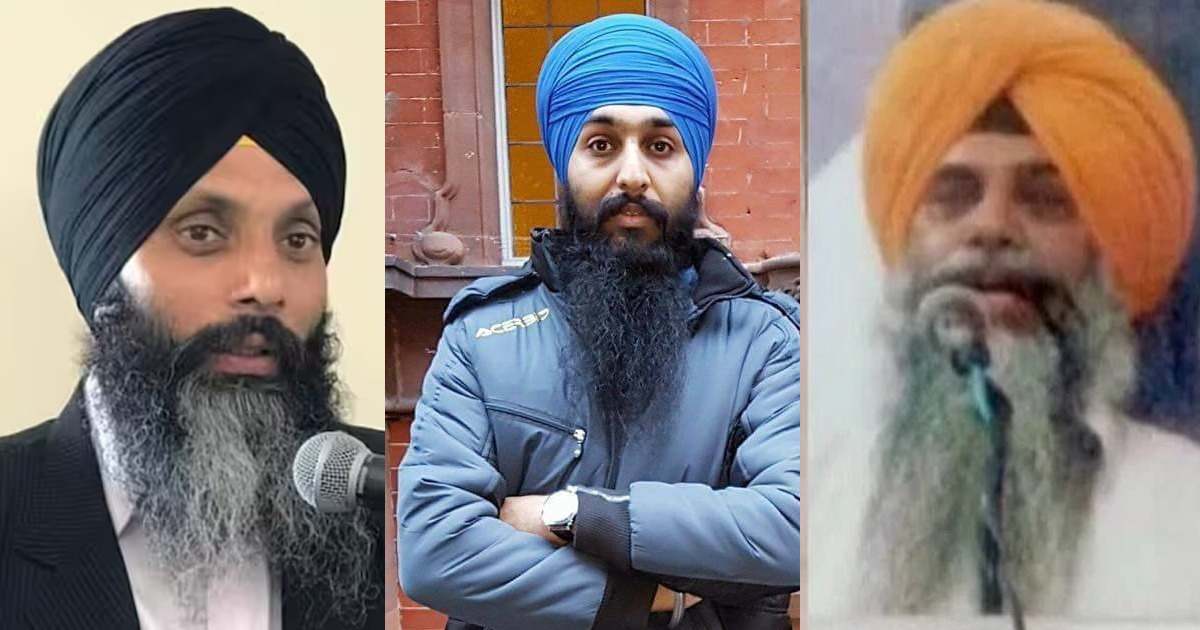
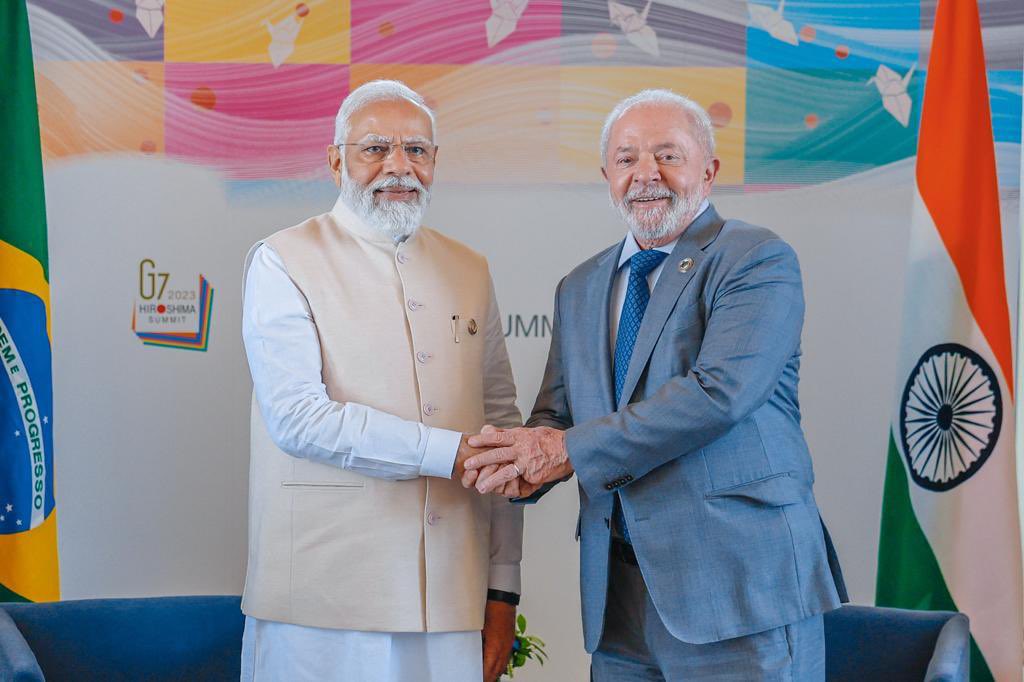

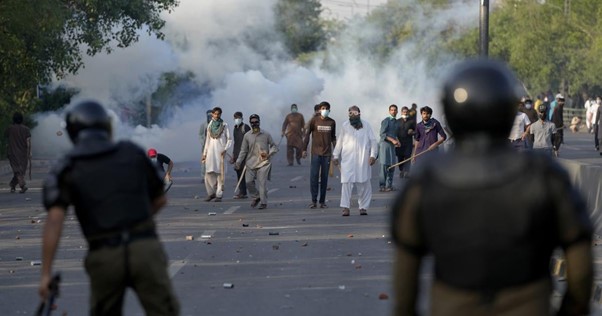

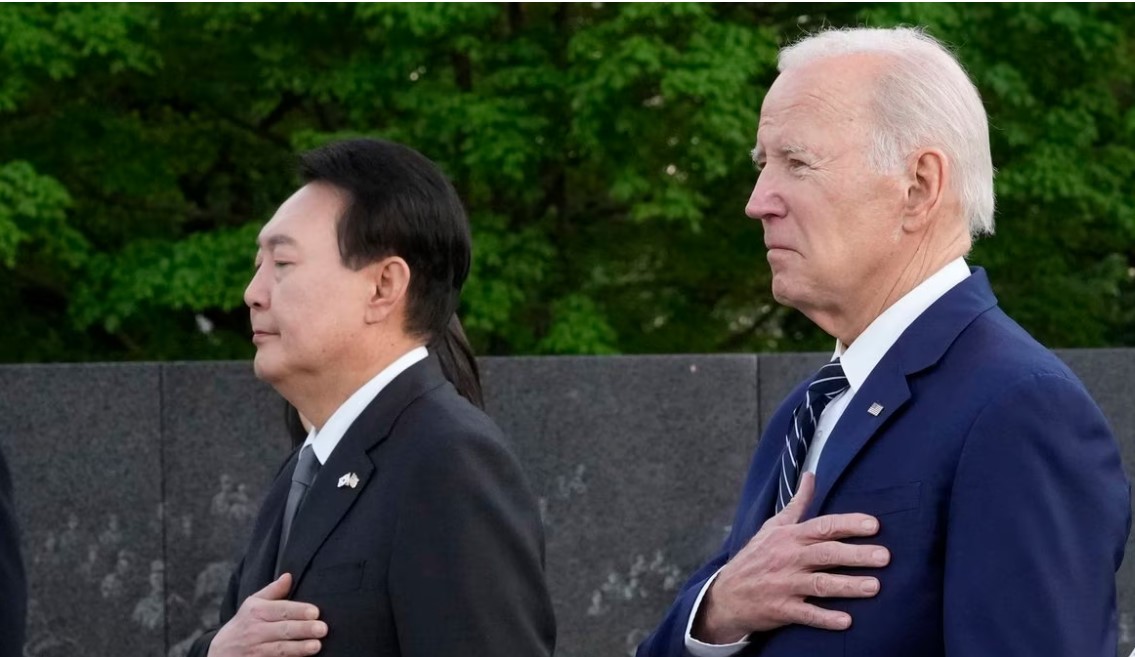

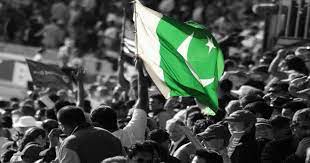
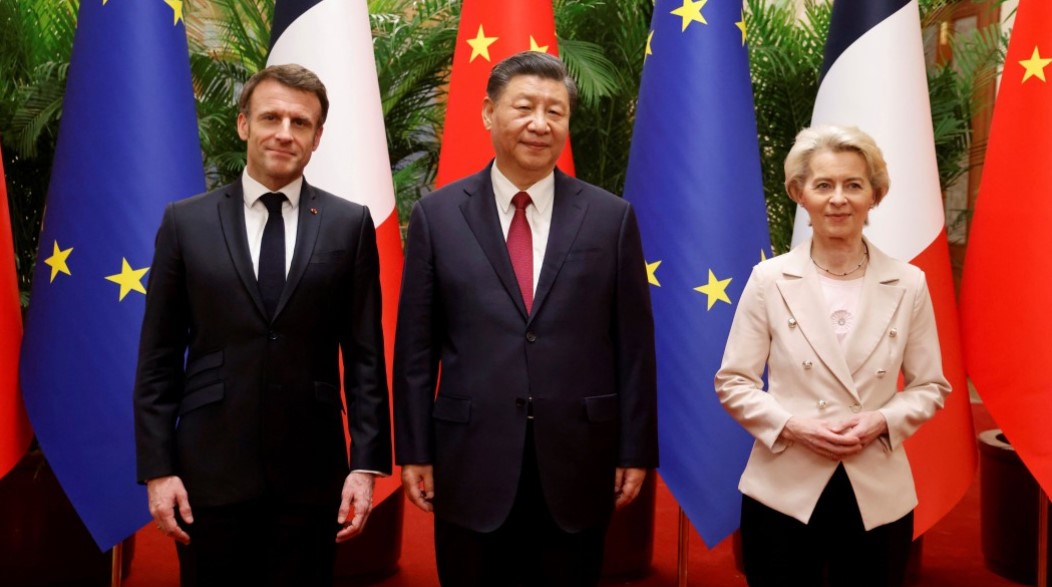







POST COMMENTS (0)